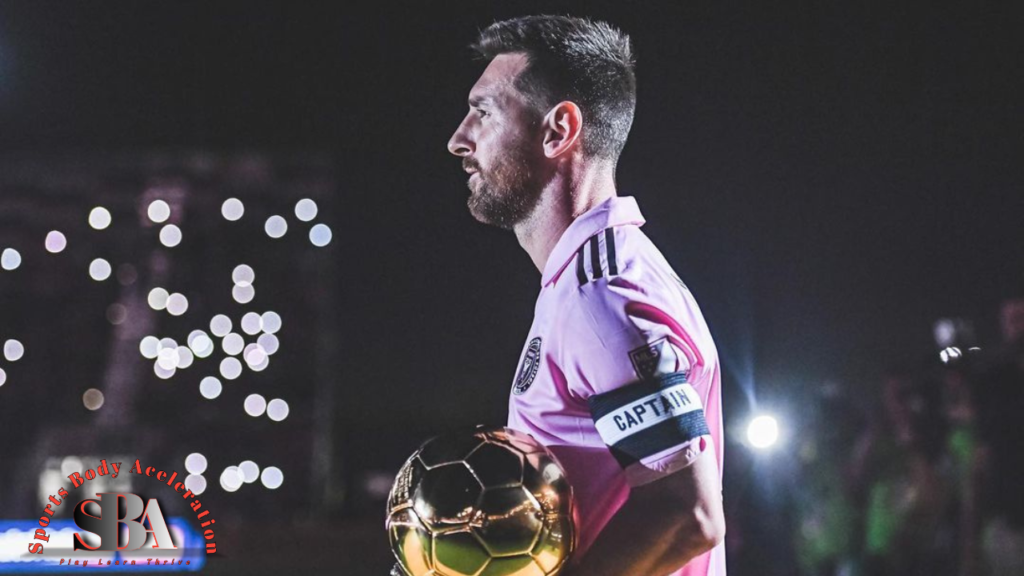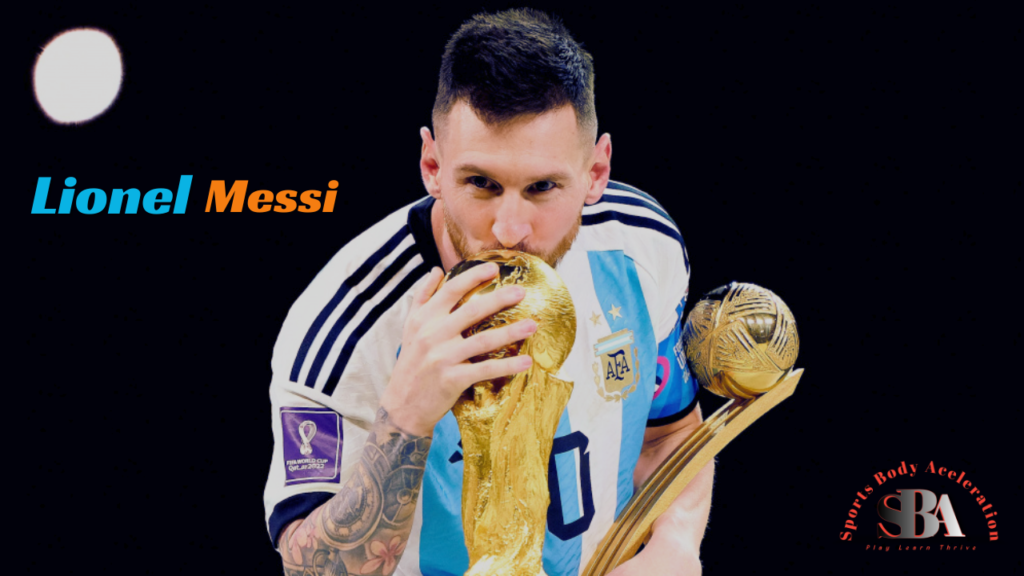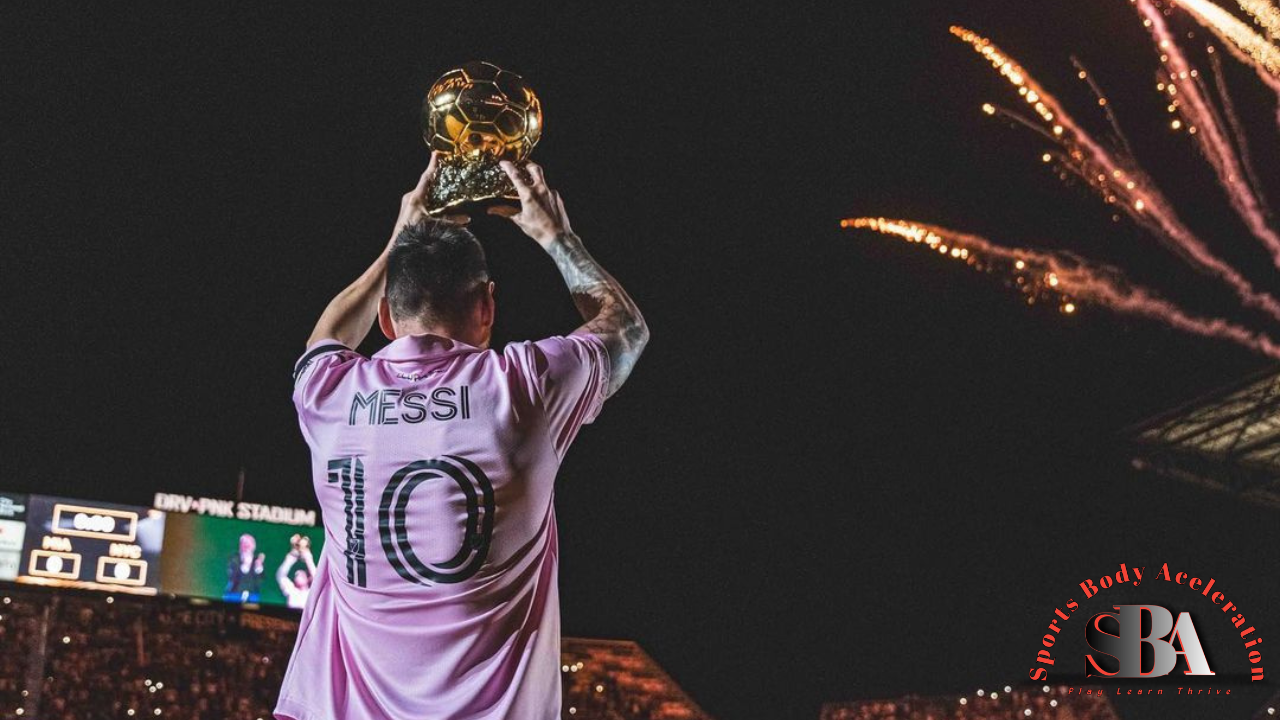Football superstar Lionel Messi has attempted to quell the simmering anger in China, insisting his absence from a recent friendly match in Hong Kong was due solely to injury and not political reasons. Despite his explanation, frustration amongst fans and officials persists, casting a shadow over Messi’s relationship with the lucrative Chinese market.
The controversy erupted on February 4th when Lionel Messi, despite being present in Hong Kong with Inter Miami for a pre-season tour, remained on the bench throughout their match against the Hong Kong All-Stars. This enraged the nearly 40,000-strong crowd, who felt misled and disrespected, chanting “Refund!” and booing the Argentinian icon. The disappointment was amplified by the fact that Messi appeared, albeit briefly, in a subsequent friendly against Yokohama F. Marinos in Japan just three days later.
Anger Spills Over, Cancellations Follow
Public outcry quickly escalated, fueled by accusations of a deliberate snub related to the political complexities surrounding Hong Kong. Chinese state media, politicians, and fans voiced their displeasure, leading to the cancellation of two Argentina national team friendlies scheduled for March in Hangzhou and Beijing. The potential financial and reputational repercussions for Messi and Inter Miami are significant, with China representing a vast and increasingly influential market in the world of football.
Lionel Messi Issues Personal Apology via Weibo

To assuage the mounting tension, Lionel Messi released a video statement on the Chinese social media platform Weibo on February 20th. Speaking directly to the audience in Spanish with Chinese and English subtitles, he declared his deep affection for China and emphasized that his absence in Hong Kong was solely due to an inflamed adductor muscle. He denied any political motivations, stating, “I’ve read and heard many things that have been said after the game in Hong Kong. People say that I didn’t want to play for political reasons and many other reasons that are totally untrue. Had that been the case, I wouldn’t have even travelled to Japan or visited China as many times as I have.”
Will Fans and Officials Be Appeased?
While Messi’s apology acknowledges the concerns and attempts to clarify the situation, it remains to be seen if it will be enough to appease the offended parties. The depth of anger in China cannot be underestimated, and the issue has transcended the realm of sports, becoming entangled with sensitive political realities.
Mixed Reactions and Uncertain Future
Some Chinese fans appear receptive to Messi’s explanation, expressing understanding and appreciation for his address. Others, however, remain sceptical, demanding further clarification and questioning the timing of his injury and subsequent recovery. Officials, too, have adopted a wait-and-see approach. The Chinese Football Association has yet to make any official statements regarding the future of their relationship with Messi or Inter Miami.

Also Read: Messi’s Hong Kong Absence Sparks Outrage: Deliberate Snub or Unfortunate Injury?
Balancing Business and Diplomacy
The Hong Kong debacle serves as a stark reminder of the complexities surrounding foreign athletes operating in the Chinese market. While the financial rewards can be immense, navigating the country’s political landscape requires careful consideration and cultural sensitivity. Moving forward, it remains unclear what impact this incident will have on Messi’s future endeavours in China. Whether he can truly mend fences and regain the trust of fans and officials is a question that only time will answer. One thing is certain: the incident highlights the delicate dance international athletes must perform when balancing business opportunities with the geopolitical realities of the world’s most populous nation.

